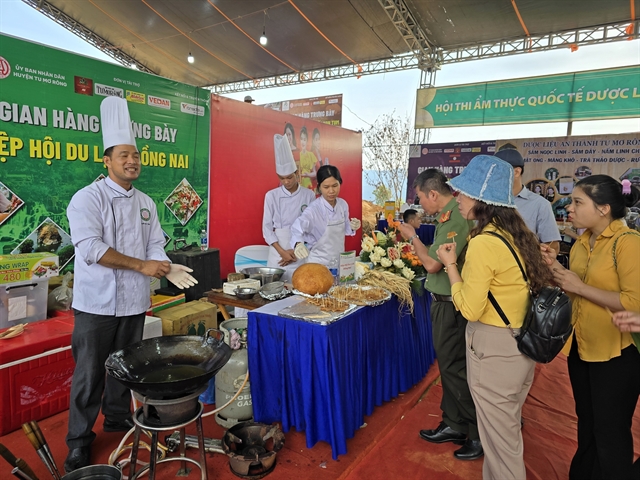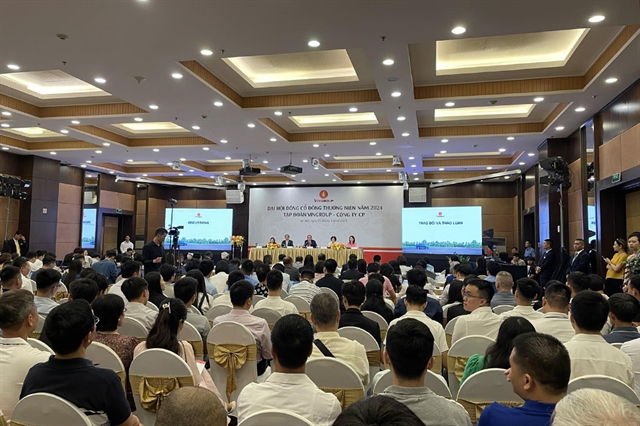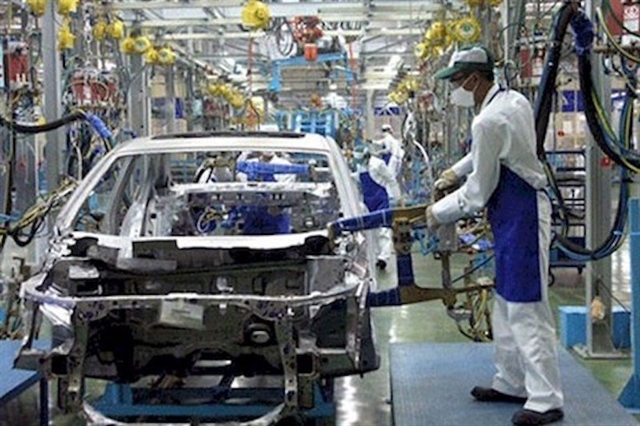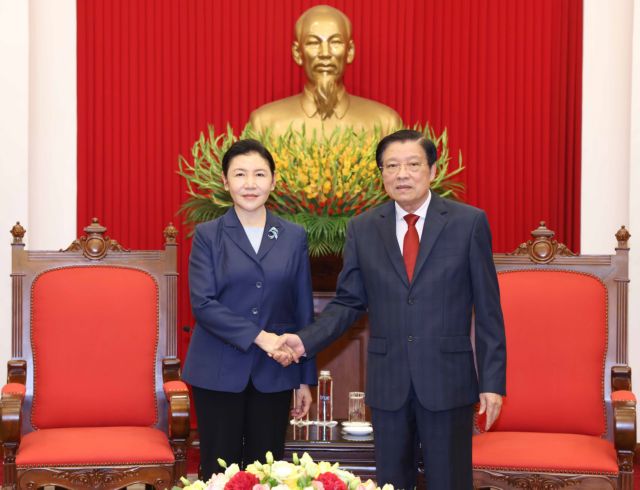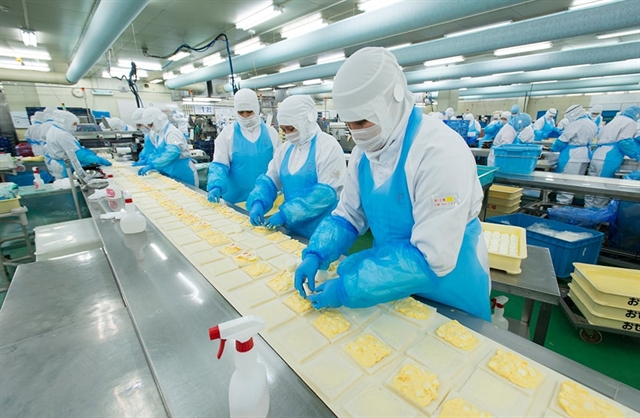 Society
Society

This was because her family would no longer get subsidised health insurance or education for her children besides other benefits.
" />When a local official informed her last year that her family was no longer poor, the 42-year-old woman in Ward 15 in HCM City’s District 8 was not happy.
This was because her family would no longer get subsidised health insurance or education for her children besides other benefits.
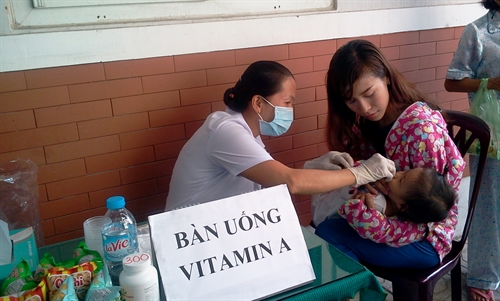 |
| A child is given Vitamin A under French NGO E&D’s programme to improve living conditions for vulnerable children and families in HCM City’s District 8. VNS/Photo Gia Lộc |
HCM CITY - When a local official informed her last year that her family was no longer poor, the 42-year-old woman in Ward 15 in HCM City’s District 8 was not happy.
This was because her family would no longer get subsidised health insurance or education for her children besides other benefits.
The woman, who asked not to be named, said, “I am worried I cannot afford school for my children while I have heart disease and need surgery but do not have enough money.”
Her malnourished twins – they have one elder sibling – recently benefited from a free nutrition programme for disadvantaged children in the district, which has a large number of immigrants and people with low access to education, healthcare and other services.
The city’s poverty rate at the end of last year was 0.5 per cent based on a per capita income of VNĐ16 million (US$711).
From just income, the method of calculating poverty has been modified this year to a multi-dimensional approach based also on education, healthcare, employment, social insurance, living conditions, and information access.
According to UNICEF, HCM City is Việt Nam’s richest, fastest growing and most densely populated city with 10 million people, but its wealth hides the magnitude of poverty and disparities and typical challenges that affect the urban poor, including children.
The nutrition programme in District 8 aims to improve living conditions for vulnerable children and families and is carried out by French NGO Enfants & Developpement (E & D) since 2010.
Hers is one of 1,000 families to benefit as of last year.
Trần Hoàng Minh of E&D said District 8 is home to many poor families including immigrants who are “poor in not only finance but also other fields including education, employment, and personal papers.”
They lack information and skills to access social services, he said.
The organisation’s social workers visited these families two or four times a month so as to help them solve their problems step by step, he added.
E&D’s staff have also held workshops for these families on preventing malnourishment, managing expenditure and others besides working with local authorities to effectively provide assistance to them.
Đỗ Thị Thu Hiền, deputy head of Thủ Đức District Labour, Invalids and Social Affairs Division, said the project is good for her own staff to learn from.
“As of now, my division staff specialising in children’s welfare have not been [visiting families] because each ward has 10,000 children but only one worker.”
Phạm Đình Nghinh, head of the city Welfare Centre for Children, said E&D is one of many NGOs providing welfare services to certain categories of children and families to supplement the work done by public services.
Public network
Nghinh said a social work centre is being established in District 12 to counsel communities on how to access welfare services.
Such centres would be set up in all districts, he said.
Under national action programmes for the care, education, and protection of children, a network of staff and social workers specialising in children’s affairs has been established around the city.
The city also has 153 community consultancy sites for the city’s 1.5 million children, more than 50,550 of whom are disadvantaged.
Nghinh said his centre last year provided intervention and “emergency aid” to 128 children who were victims of violence, sexually abused or injured in accidents.
Inadequate
Trần Công Bình, programme partnerships specialist at UNICEF’s HCM City office, said the country still “lacks programmes to provide specialised services such as psychological assistance or physical and emotion rehabilitation for children.”
Child care and protection staffs and social workers are not trained professionally, he added.
Bùi Thị Thanh Tuyền, a postgraduate in social work from the US, said all families have need for assistance because problems could potentially occur.
The US, for instance, has preventive programme for all families in which children are taught about health and safety, sexual abuse, conflict solutions, and others, she said.
“Preventive services should be paid more attention to because they are more effective and cost less than treatment.”
For families that are vulnerable and need treatment, the US has early intervention and long-term as well as rehabilitation programmes. -- VNS



